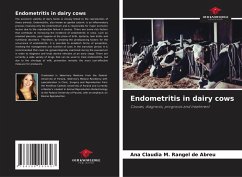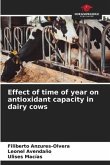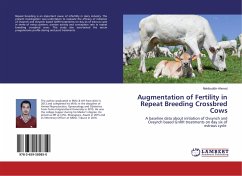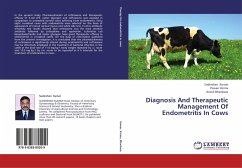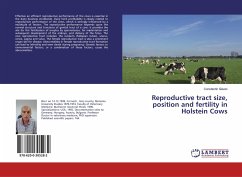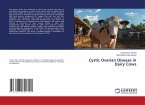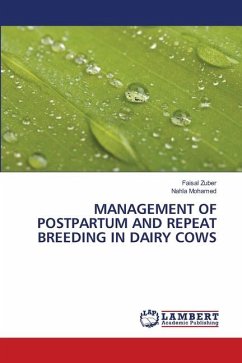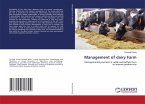The economic viability of dairy herds is closely linked to the reproduction of these animals. Endometritis, also known as genital catarrh, is an inflammatory process involving only the endometrium and is responsible for major economic losses due to the reproductive failure it causes. There are some risk factors that contribute to increasing the incidence of endometritis in cows, such as retained placenta, poor hygiene at the place of birth, dystocia, twin births and nutritional disorders. Therefore, by knowing the predisposing factors for the occurrence of endometritis, it is possible to establish forms of prevention, involving the management and nutrition of cows in the transition period. It is recommended that cows be gynaecologically examined during the puerperium in order to diagnose and treat uterine infection at an early stage. There are currently a wide variety of drugs that can be used to treat endometritis, but due to the shortage of milk, prevention remains the most cost-effective measure for producers.
Bitte wählen Sie Ihr Anliegen aus.
Rechnungen
Retourenschein anfordern
Bestellstatus
Storno

